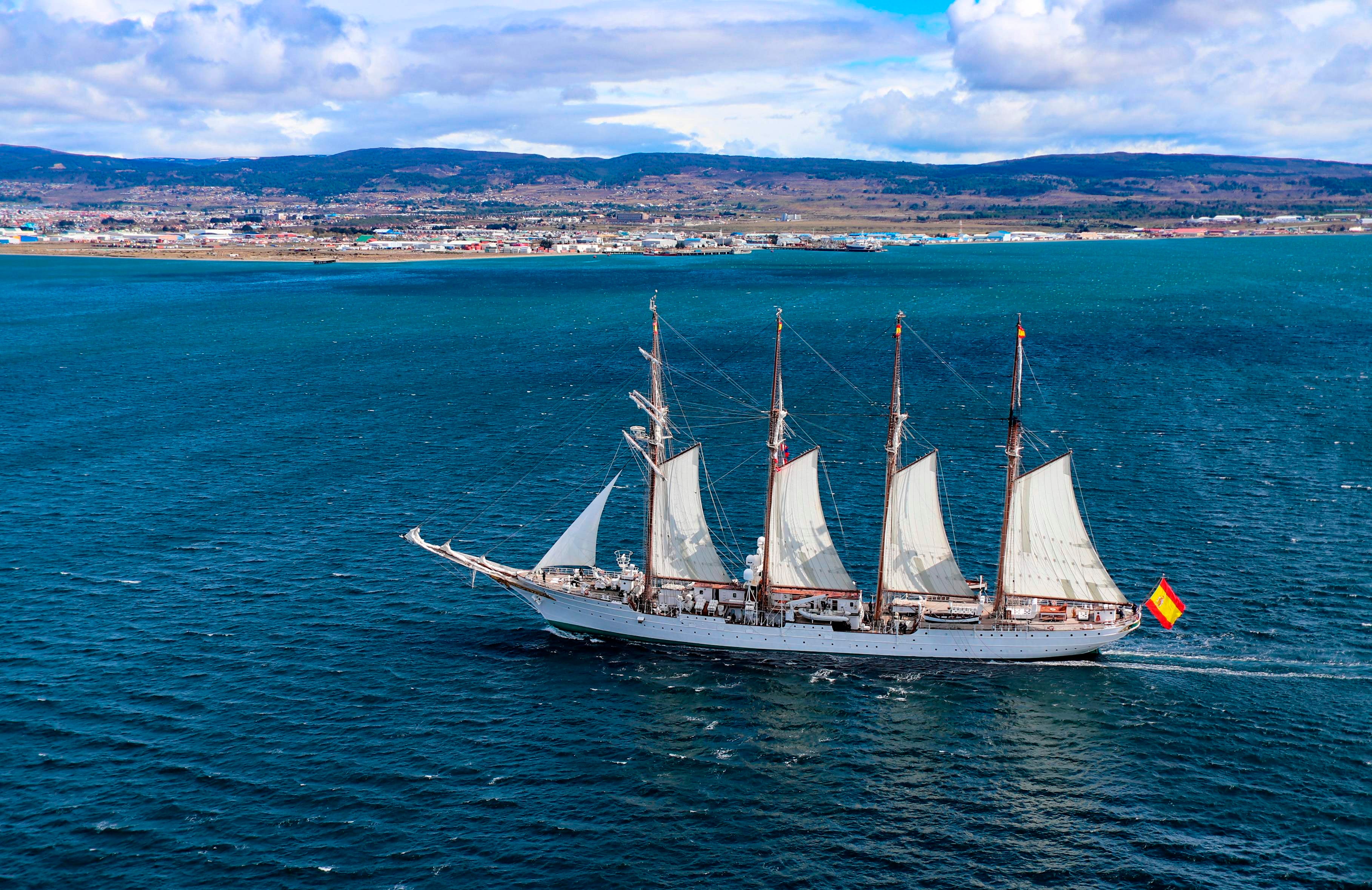Spain to buy ship to try and track down sunken treasure
More than 700 shipwrecks have been located, mostly in the Caribbean

Your support helps us to tell the story
From reproductive rights to climate change to Big Tech, The Independent is on the ground when the story is developing. Whether it's investigating the financials of Elon Musk's pro-Trump PAC or producing our latest documentary, 'The A Word', which shines a light on the American women fighting for reproductive rights, we know how important it is to parse out the facts from the messaging.
At such a critical moment in US history, we need reporters on the ground. Your donation allows us to keep sending journalists to speak to both sides of the story.
The Independent is trusted by Americans across the entire political spectrum. And unlike many other quality news outlets, we choose not to lock Americans out of our reporting and analysis with paywalls. We believe quality journalism should be available to everyone, paid for by those who can afford it.
Your support makes all the difference.For centuries, sunken Spanish galleons laden with gold, silver and emeralds have guarded their priceless treasures at the bottom of the oceans.
Now Spain’s modern day armada is to launch a new vessel that will help in efforts to find the lost loot which Madrid claims as part of its cultural heritage.
Researchers have traced 710 shipwrecks off Cuba, Panama, the Dominican Republic, Haiti, Bermuda, the Bahamas and the US Atlantic coast.
About half of these were travelling from the empire in Latin America to Spain when they sank, laden with treasures, because of bad weather, running aground on reefs, or pirate attacks.
The Spanish defence ministry is to purchase a €192m (£173m) Underwater Intervention Maritime Action Vessel (BAM-IS), which should be operational by 2022.
The vessel will be equipped with remotely operated underwater robots and specialised sonar equipment that can help marine archaeologists to locate wrecks.
The ship will also help rescue stricken submarines and the bodies of fallen crews for humanitarian reasons.
“This ship could help us in finding and, if necessary, recover wrecks. The last time the Spanish navy helped us in this way was when we located ships lost in the Battle of Trafalgar, but their current ship is very old and outdated,” said Carlos Leon, a marine archaeologist who works with the Spanish government.
The BAM-IS will help Spain safeguard its lost heritage from commercial treasure hunters.
In 2007, the US treasure-hunting firm Odyssey Marine Exploration found 17 tonnes of gold in the wreck of the Spanish ship Nuestra Senora de las Mercedes, which lies off the coast of southern Portugal.
Over two centuries years earlier, in 1804, the British fleet opened fire on the Spanish ship in an attack that led to Spain declaring war on Britain.
Odyssey announced it had made the largest discovery of underwater treasure in history, worth an estimated $500m.
The US firm used robotic divers to suck the treasure from the seabed – before spiriting it away to Florida on a secret flight out of Gibraltar under the noses of the Spanish.
In 2012, after a marathon legal fight through the courts in the US, Spain brought the treasure home.
Dr Leon has created a log of all the Spanish ships that sank over a 400-year period.
The inventory runs from 1492, when Christopher Columbus’s Santa Maria flagship sank off what is now Haiti, to 1898, when the Spanish destroyer Pluton was hit by a US boat off Cuba, marking the end of the Spanish-American war and the closing chapter of Spain’s imperial age.
Dr Leon is currently investigating the whereabouts of the wreck of the San Jose, which sank off the coast of Panama laden with gold, silver and other precious metals.



Join our commenting forum
Join thought-provoking conversations, follow other Independent readers and see their replies
Comments